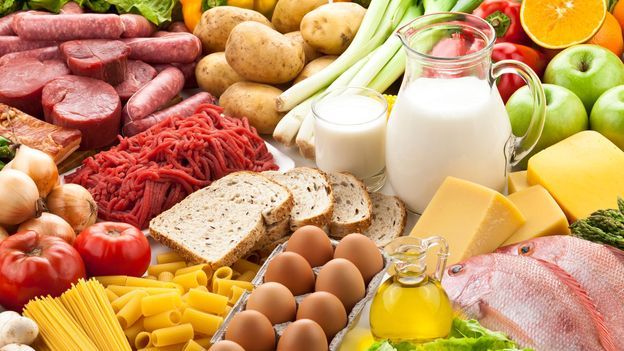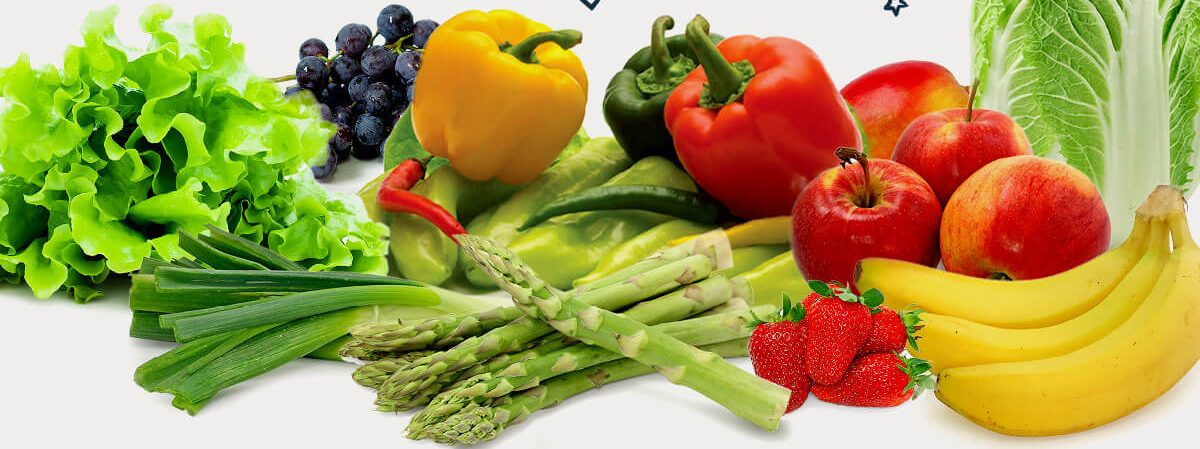
In today’s fast-paced world, many of us rely on convenience foods and takeout meals to fuel our bodies. With the rise of technology and the constant demands of our busy lives, it can be tempting to prioritize speed and efficiency over nutrition. However, this trend towards convenience has led to a rise in the prevalence of nutrient deficiencies among the general population.
The Role of Technology in Shaping Our Diets
The emergence of food delivery apps and meal kits has made it easier than ever to skip the grocery store and have our meals delivered right to our doorsteps. While this may save us time and effort, it often comes at the cost of nutrient-rich, whole foods. Processed foods and fast food options tend to be high in calories, sugar, and unhealthy fats, but lacking in essential vitamins and minerals.
The Myth of Getting All Nutrients from Food Alone
While it is possible to obtain most of our essential nutrients from a well-balanced diet, the reality is that many of us fall short of meeting our nutritional needs through food alone. Factors such as soil depletion, food processing, and cooking methods can all impact the nutrient content of our food. Additionally, individual factors such as age, gender, and lifestyle can influence our nutrient requirements.
The Importance of Supplementation in the Tech Age
In order to bridge the gap between our nutrient needs and what we actually consume, many experts recommend incorporating dietary supplements into our daily routine. Supplements can help fill in the gaps and provide our bodies with the vitamins, minerals, and antioxidants that may be lacking in our diets. However, it is important to note that supplements should not be used as a replacement for a healthy diet, but rather as a complement to it.
Making Informed Choices for Optimal Health
In the age of technology, it is more important than ever to be mindful of what we put into our bodies. By making informed choices and prioritizing nutrient-dense foods, we can ensure that we are getting the essential nutrients we need to thrive. Incorporating a variety of fruits, vegetables, whole grains, and lean proteins into our diet is key to supporting overall health and well-being.
Conclusion
While it may be challenging to get all of our nutrients from food alone in the tech age, it is still possible with a mindful and intentional approach to our diets. By prioritizing whole, nutrient-dense foods and considering supplementation when needed, we can support our bodies in meeting their nutritional needs. Remember, food is fuel, so let’s make sure we are giving our bodies the best possible nutrients to thrive in our fast-paced world.
